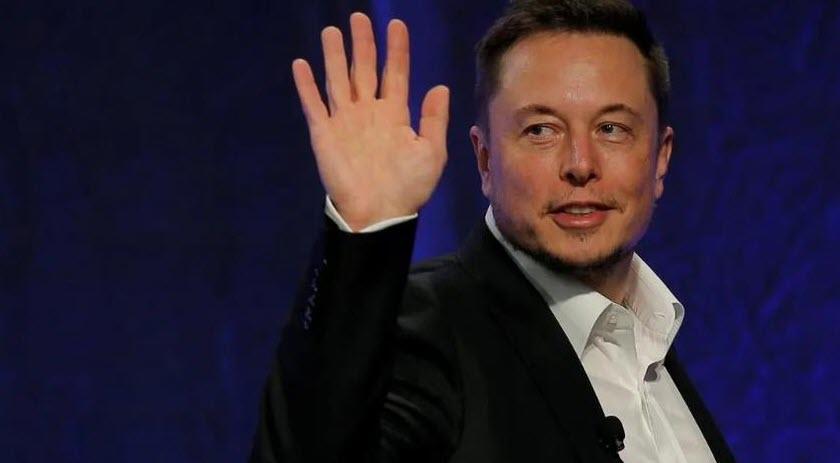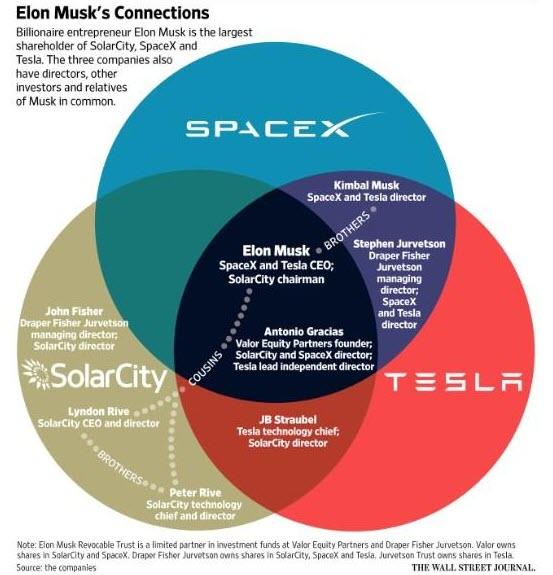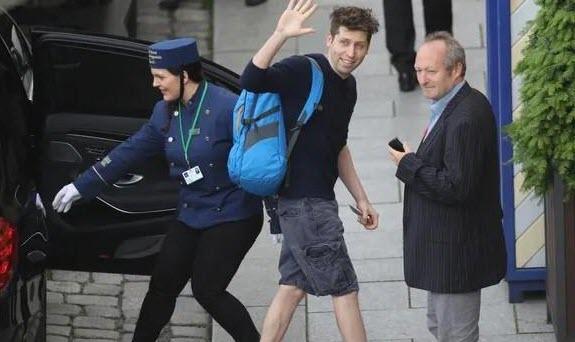Between a volatile (to say the least) 2018 and a start to 2019 that included laying off even more of his Tesla workforce and one of his spaceships being blown over by the wind, Elon Musk looks slated for another year mired in controversy. The latest of Musk’s ventures being scrutinized is now his charitable foundation, which was the subject of a Guardian longform write-up this week.
The article states that Musk’s charitable foundation has gone to enrich causes close to, or directly tied to, Musk and his immediate family. The charity has given more money to artificial intelligence causes than to any of the traditional charities that it supports, according to the article. The charity’s website, MuskFoundation.org, states that grants are made in support of:
-
Renewable energy research and advocacy
-
Human space exploration research and advocacy
-
Pediatric research
-
Science and engineering education
-
Development of safe artificial intelligence to benefit humanity
We all know that Musk likes to be the center of attention when it comes to charitable causes, whether it is embarrassing himself trying to unprovokedly thrust his services into the Thai cave rescue or claiming that he’s going to fix the water crisis in Michigan.
But some of the $54 million that Musk has disbursed from his charity over the last 15 years has gone to places “close to home”, including a school attended by his children, a charity managed by his brother Kimbal and, even better, a group fighting gridlock on the specific highway Musk uses to travel to SpaceX.
Musk launched his foundation in 2001 with his brother Kimbal, who served as a secretary and treasurer. Musk initially gifted the foundation 30,000 eBay shares worth $2.1 million. Back in those days, the fund was making donations to places like Musk’s alma mater in South Africa, space societies and children’s hospitals. In the seven years preceding 2014, Musk moved over a little more than $3.1 million in cash to the foundation and it was at that time that its recipients started to feature more organizations that were linked to Musk’s family and his interests.
For instance, the foundation funded systems that helped communities affected by the Deepwater Horizon disaster and the Fukushima earthquake. Some of that money made its way to SolarCity, who participated in both of the installations for the systems. In 2010, the foundation also spent $183,000 to help launch a charity headed up by Kimbal Musk, now called Big Green. That charity got about $500,000 over four years and Kimbal reportedly received nearly $85,000 in payments by Big Green between 2010 and 2016.
Between 2011 and 2013, Musk’s foundation also made two $50,000 donations to a school for gifted children in Los Angeles that his kids were attending.
The foundation also made three $25,000 payments to a group called Angelenos Against Gridlock, which was lobbying for improvements to Interstate 405 – the road that Musk himself used regularly to commute from his Bel Air home to SpaceX. Angelenos Against Gridlock is now defunct.
In 2012 Musk also donated $10,000 to the Multidisciplinary Association for Psychedelic Studies, which is a nonprofit developing medical therapies using marijuana and the psychedelic substance MDMA. The donation, in part, helped fund a large wooden structure that went up in smoke at the end of the 2013 Burning Man festival in Nevada.
Musk donated 1.2 million Tesla shares to his foundation in mid 2015, valued at $255 million. In 2015, Musk also pledged $1 billion to help set up a research company called OpenAI that was supposed to help develop artificial intelligence in a safe way that would “benefit humanity as a whole”.
When, in 2016, the IRS was still processing OpenAI’s nonprofit status, making it impossible for it to receive donations, the Musk Foundation instead gave $10 million to YC.org, which was found to be a charity without a website or social media presence that was run by Sam Altman, a director of OpenAI.
The Musk Foundation’s grant accounted for the majority of YC.org‘s revenue and almost all of its funding when it then passed along $10 million to OpenAI later that year. OpenAI’s top researcher was paid $1.9 million in 2016. This number is more than the Musk Foundation handed out to all charitable causes during its first eight years of operation.
In 2016, the foundation dispersed $37.2 million to Vanguard Charitable, which is a donor advised fund that offers tax breaks and distributes donations over time under the cloak of being a managed fund. It is a structure that makes it difficult for the public to figure out which client is making which awards, and to whom.
Recall, in 2016, we published a piece highlighting the relationship between Musk’s entities and some of their shared personalities.
via ZeroHedge News http://bit.ly/2WgDEg8 Tyler Durden


